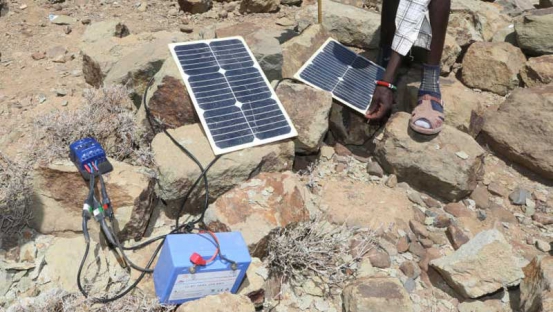×
The Standard e-Paper
Join Thousands Daily

Kenya’s rate of electrification is one of the fastest in the world. It is part of an audacious plan by the Government to provide universal access to energy by 2020 in the context of Vision 2030.